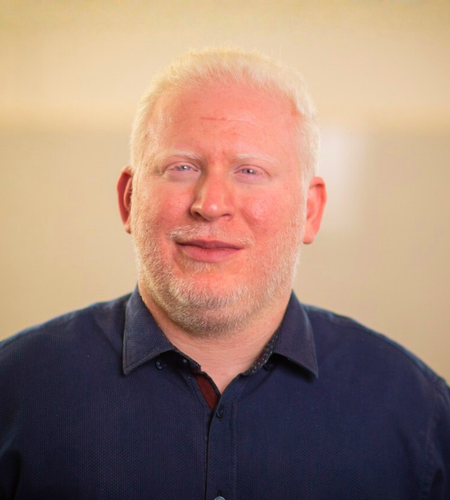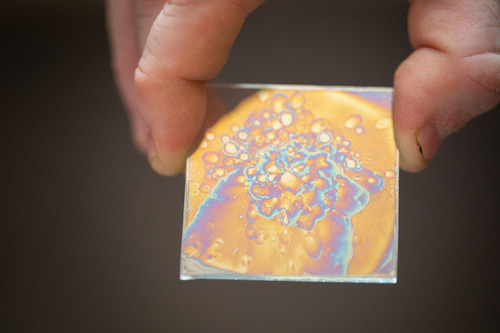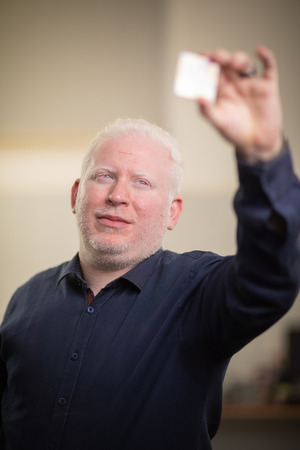
Promoting sustainable energy generation through novel glass technology
Although our homes and workplaces are typically vast consumers of energy, they are rarely able to generate their own power. As an associate professor in electrical engineering, Sameh Abdellatif has developed a prototype window which incorporates locally manufactured solar cells, balancing glass transparency and solar cell absorption to generate green energy. His semi-transparent window glass offers a sustainable method of saving energy by independently producing it with no running costs.
Innovation and Impact: Energy-Generating Window Panes
With a background in optoelectronics and nano-semiconductor devices, Sameh was inspired to develop translucent solar cells suitable for integration into windows. Semi-transparent glass panes sit inside conventional casements, acting as energy sources whilst also carefully balancing the competing needs of absorbing solar rays and allowing them to pass through as daylight. Drawing on 15 years of solar cell experience, Sameh’s innovation correlates with the UN’s Sustainable Development Goals. It aligns with the target of increasing the share of renewable energy in the global energy mix, as well as the objective of doubling the global rate of improvement in energy efficiency.
The ability to extract energy from solar windows could increase energy self-sufficiency across homes, offices, and even electric vehicles. Innovations developed during the solar cell development process include the use of organic natural dyes to fabricate the cells in ways which minimise their visual impact. At a time of spiralling energy bills, self-sufficiency and architectural efficiency help to reduce the need for fossil fuels, or inconsistent renewable energy sources like wind power.

The LIF programme was a turning point in my life.
Sameh Abdellatif
How has LIF Impacted your Business and Future Plans?
“The LIF programme was a turning point in my life,” says Sameh, “because usually academics are isolated among colleagues who are working in the same field. Through LIF, I learned about facilitating tools like business models, visibility studies, networking, and marketing.” Sameh also praises his mentor, who was “extremely helpful” throughout the year, and provided the initial proposal to extend solar glass to EVs. He describes it as “a dream” that electric vehicles may one day be partly powered by energy generated from semi-transparent solar glass.
The solar cells are currently undergoing proof of concept analysis, which the programme has helped Sameh to more clearly define, with Sameh overseeing a team of 25 students amid ongoing research and development. Academic partnerships have been developed with universities as far afield as Glasgow and Germany, while B2B partnerships will be sought once patenting is complete, and a final commercial product can be manufactured. The ultimate goal is to market mass-produced windows for residential installation, with no operating costs after the initial capital outlay.
Through LIF, I learned about facilitating tools like business models, visibility studies, networking, and marketing.

Looking to find out more about our entrepreneurs?
Click below to find out more about the entrepreneurs from this year's programme.
